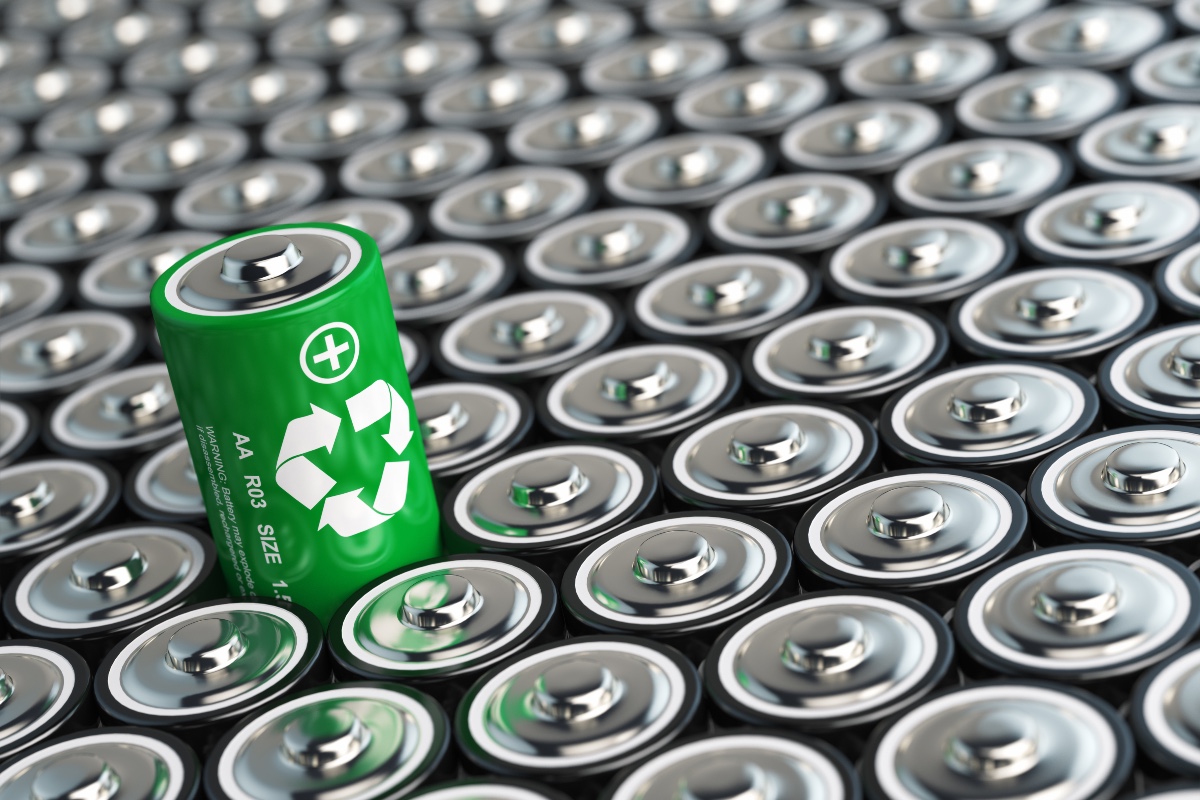Momentum Technologies has become the latest company to showcase the ability to recycle modern batteries at a commercial scale, with it claiming a more than 90% recovery rate and more than 99% purity across nickel, cobalt and lithium streams.
According to Momentum, the scale of recovery achieved with its proprietary Membrane Solvent Extraction (MSX) technology meets the specification set by many battery manufacturers, while also ensuring that the process is reliable and makes economic sense. The feat was achieved at Momentum’s demonstration facility in Carrollton, Texas.
“This facility was designed to validate our process at scale, and today’s results confirm its success,” said Mahesh Konduru, CEO of Momentum.
“This achievement demonstrates that our technology is commercially viable and ready for widespread deployment. We’ve proven that a domestic, circular supply chain for critical minerals is more than possible, it’s operational and scalable for industrial applications.”
The demonstration follows pilot-scale work and precedes a planned commercial facility in Ohio, where Momentum intends to apply lessons from Carrollton at larger throughputs.
Regulatory pressure is increasing the need for battery recycling. In the European Union, the Batteries Regulation sets minimum material-recovery targets for recyclers of 90% for cobalt, copper and nickel and 50% for lithium by the end of 2027, rising to 95% for cobalt, copper and nickel and 80% for lithium by the end of 2031. UK companies supplying EU value chains will need to align with those thresholds to maintain access.
Lithium-ion recycling infrastructure remains nascent compared with mature, closed-loop systems for lead-acid batteries, which already achieve very high collection and recycling rates across Europe. That contrast underscores why consistent, high-purity recovery of nickel, cobalt and lithium at scale is a key focus for newer processes such as MSX.
Momentum isn’t alone in targeting recyclability at industrial scale, however. In the UK, Veolia has established an EV battery facility in the West Midlands, while Recyclus has positioned itself as one of the country’s first industrial-scale lithium-ion battery recyclers.
What matters next is throughput, cost per tonne and third-party verification at commercial scale. For UK and EU manufacturers facing recycled-content and recovery targets over the next regulatory cycles, demonstrable performance against those metrics will be the test.

